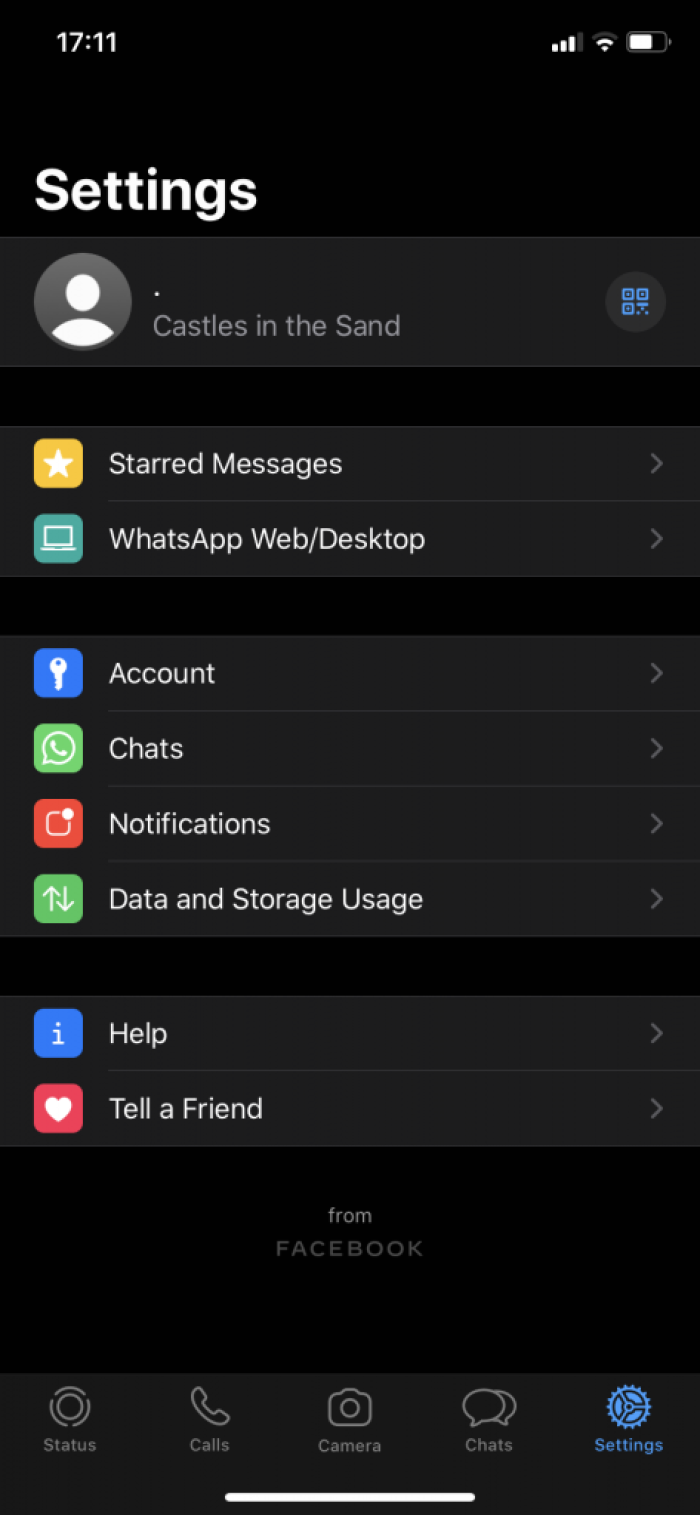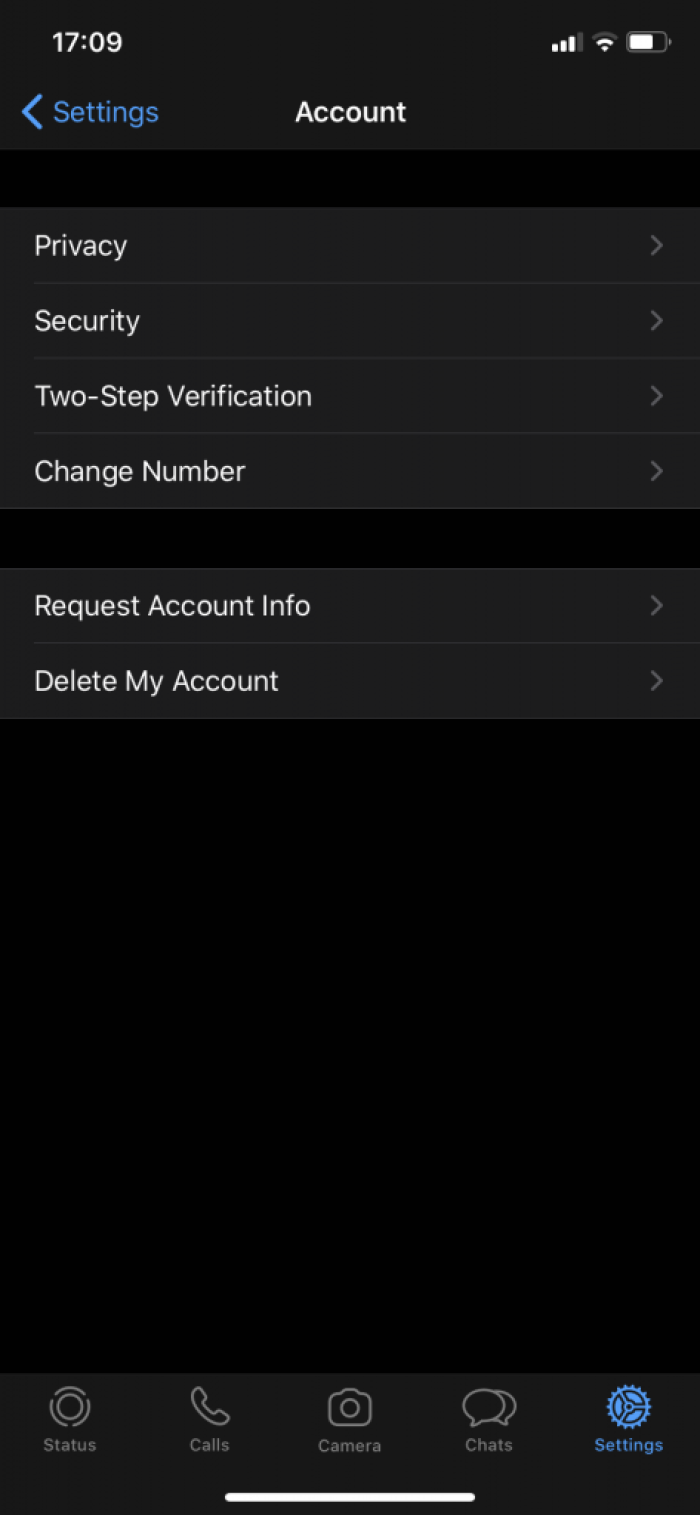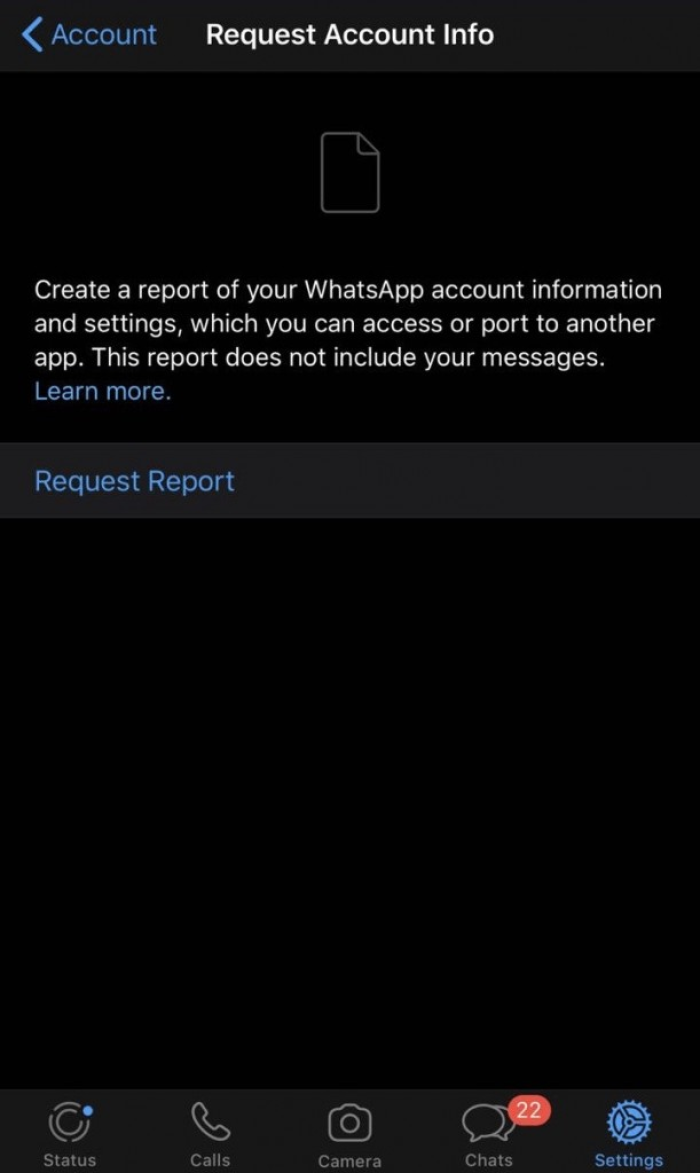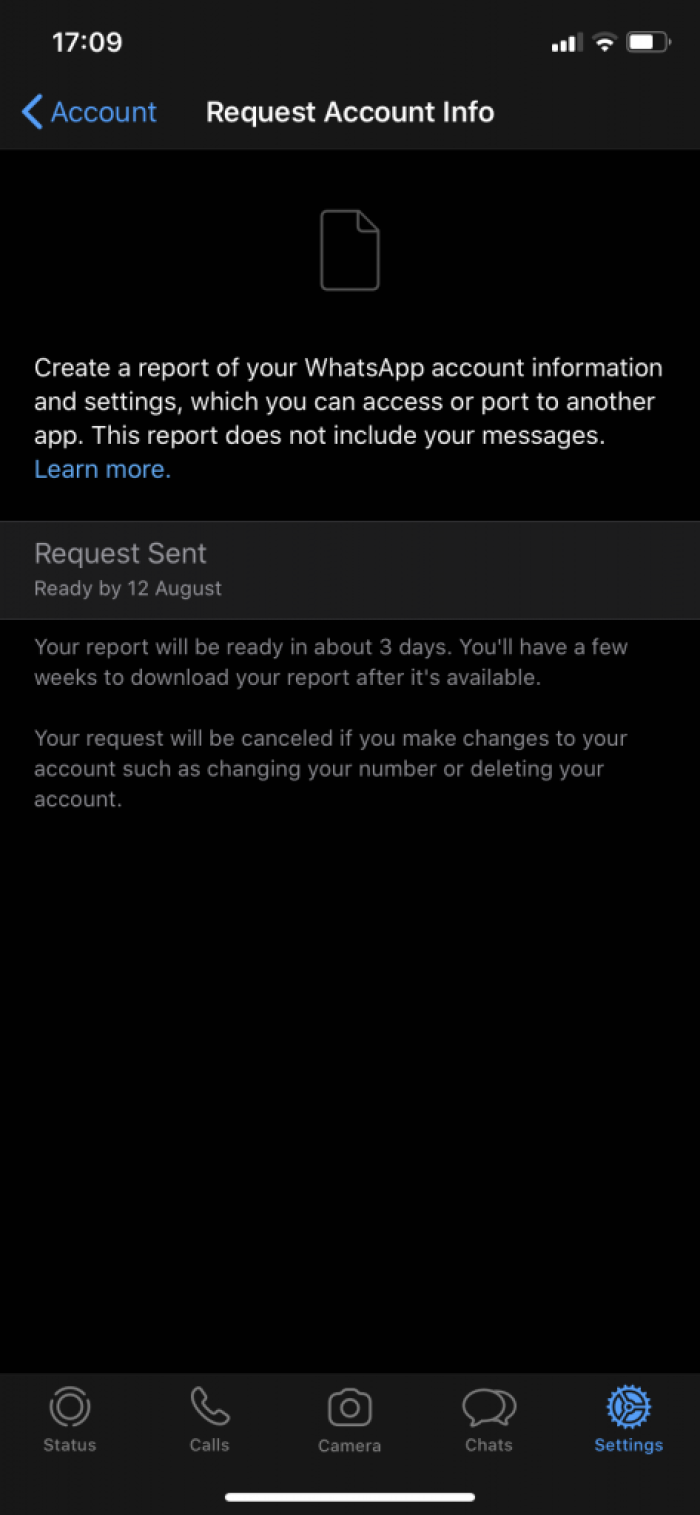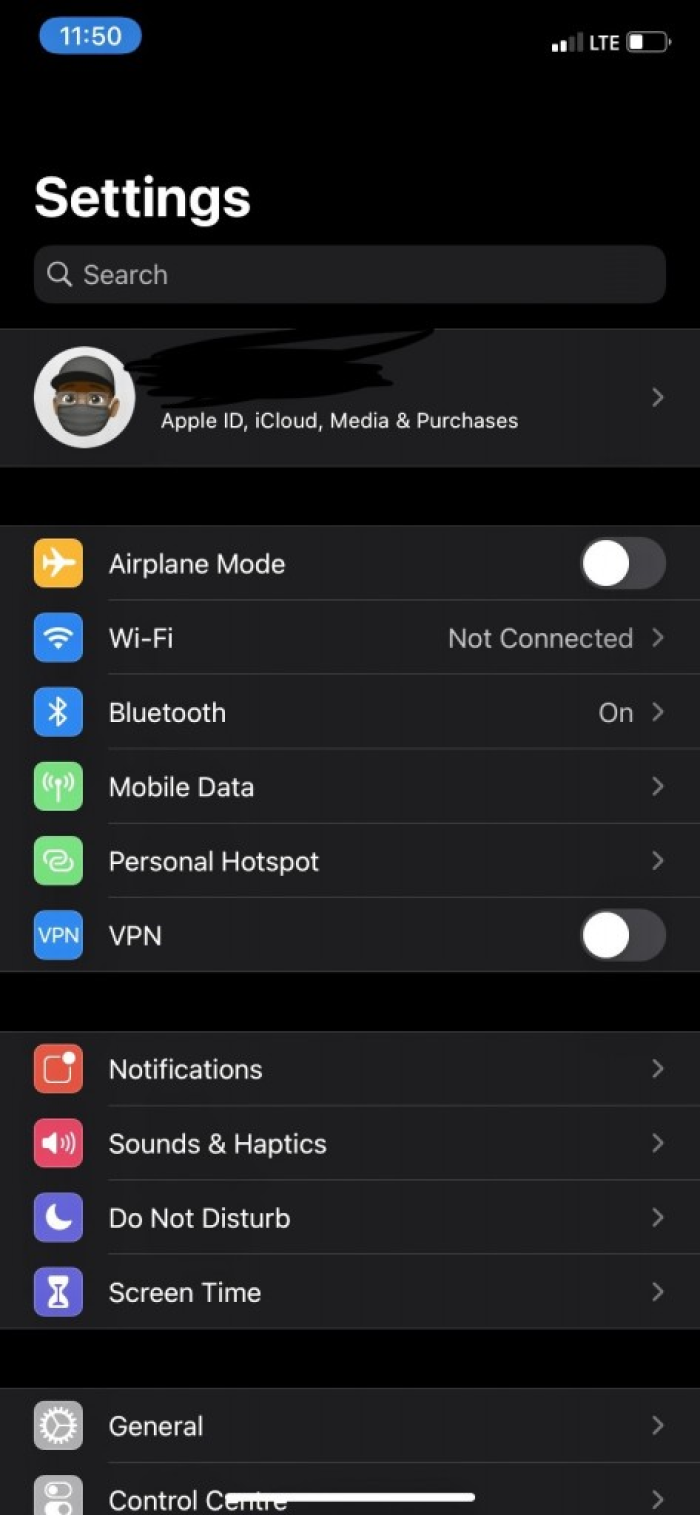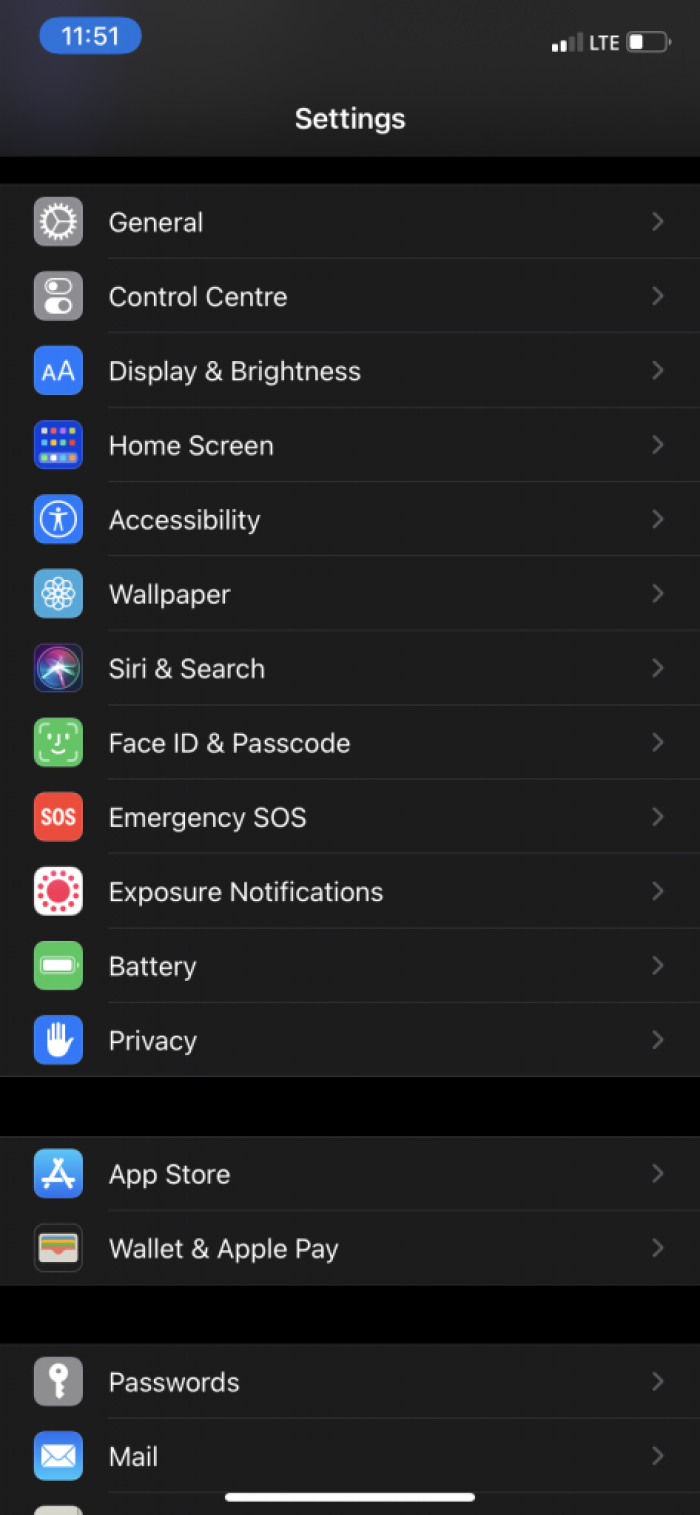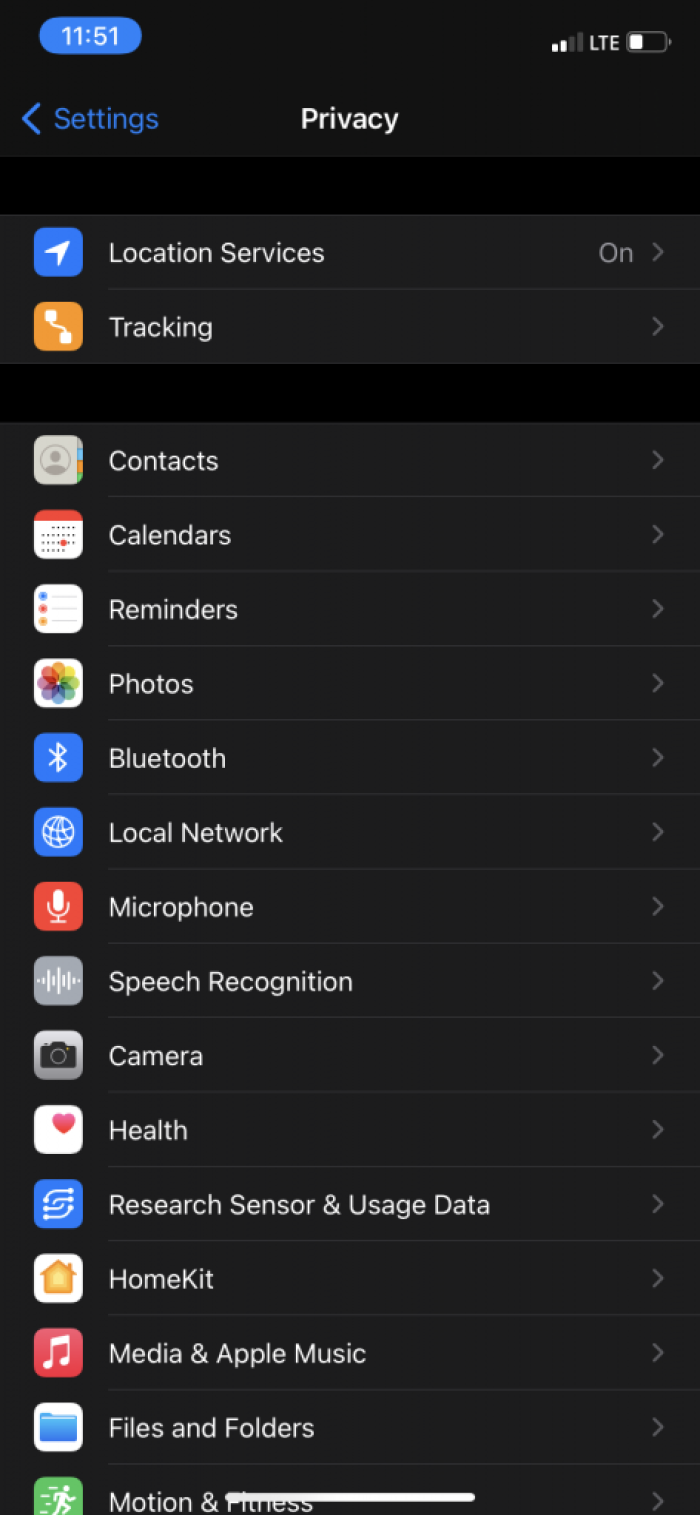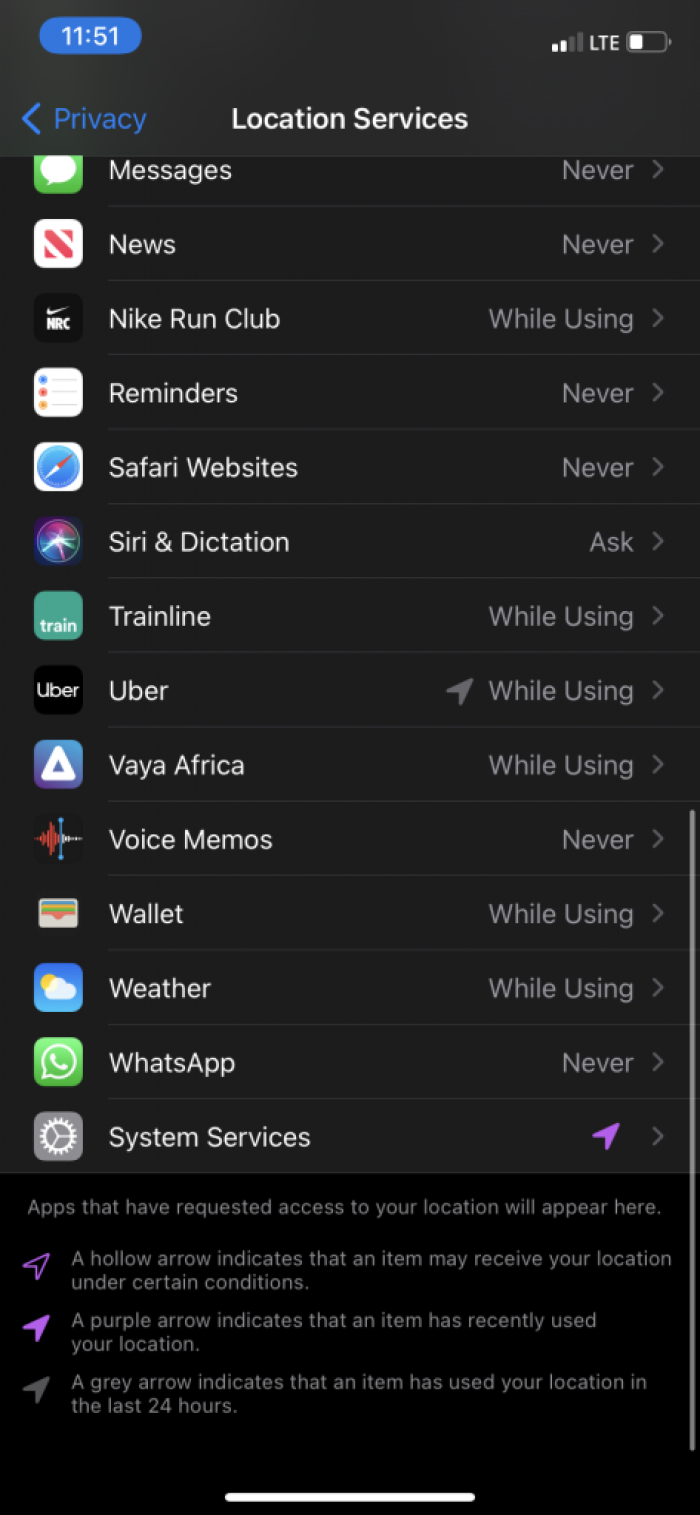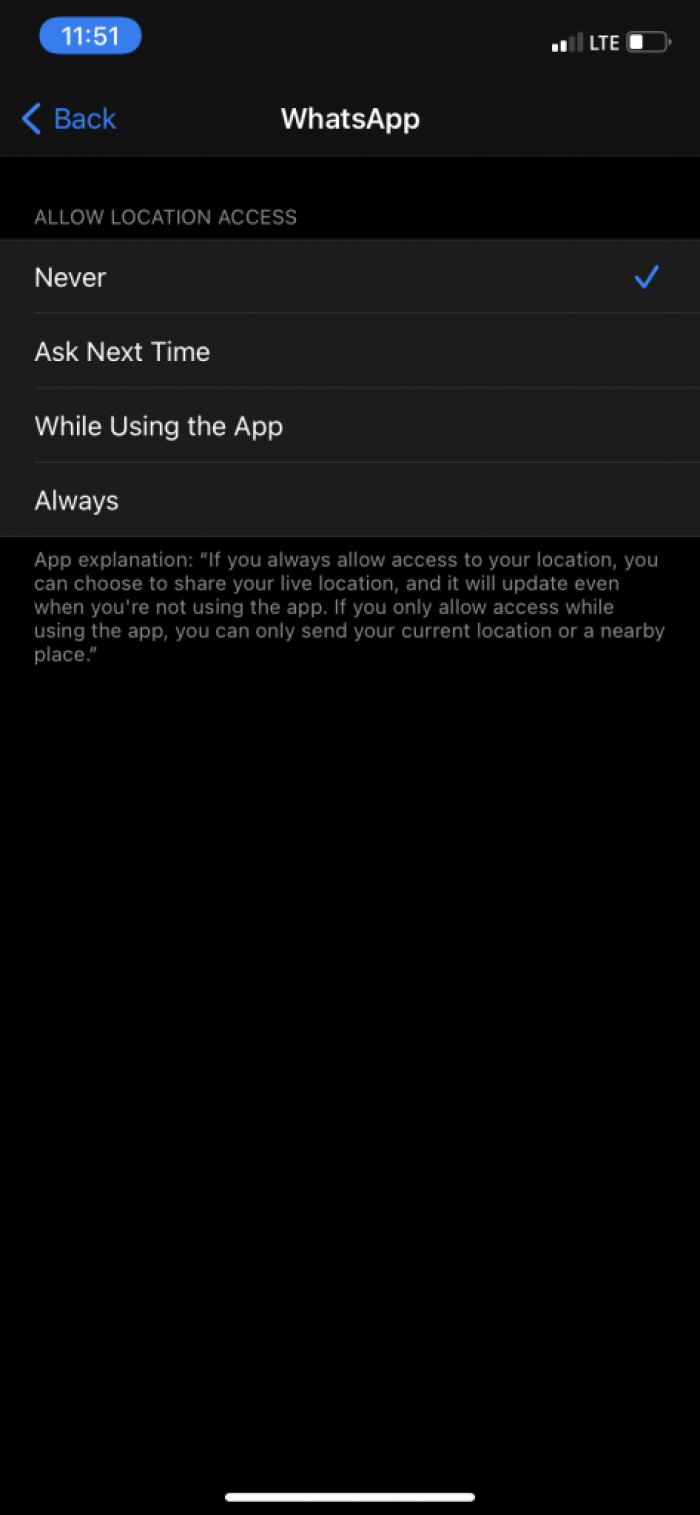A guide to getting your data from WhatsApp
Your WhatsApp stores a lot of information about you in the cloud. Here we show you how you can gain access to it.
It's important to understand how much of your data is stored in the cloud. Why? Because our research exposes that law enforcement can use cloud extraction techniques to obtain vast quantities of your data. These techniques means law enforcement can circumvent asking companies like WhatsApp for your data and avoid getting a warrant. So the use of this technology means there is no limit on what they can obtain, no transparency and no clear, accessible or effective legal safeguards to protect your data from risk of abuse and misuse.
Tools such as the Oxygen Forensic Cloud Extractor can be used to acquire “data from the most popular cloud services” including WhatsApp, iCloud, Google, Microsoft, Mi Cloud, Huawei, Samsung, E-Mail (IMAP) Servers and more - “also various social media services are supported to include but not limited to: Facebook, Twitter, Instagram, and many more.”
The information you share on WhatsApp can be very revealing. Once installed on a device, the app potentially has access to information such as your location, contact information, and media stored on the same device.
Even if you use end to end encrypted messaging, if you back up your WhatsApp messages to the cloud, they will be accessible to law enforcement.
In May 2019, it was discovered that spyware called Pegasus was used to target journalists and human rights advocates. This spyware, developed by the Israeli based NSO Group targeted WhatsApp users. As a result, PI is providing this guide to enable WhatsApp users to find out what data the app has stored about them. Also we provide step by step instructions as to how that data can be limited.
How to find out what data WhatsApp stores about you
a) Open your WhatsApp app and select the 'Settings' option. On the 'Settings' menu, select the 'Account' option.
It's important to remember that your request for account information will be cancelled if you change your WhatsApp number or delete your account before the requested report is ready.
e) Once the report is available to download, you'll receive a WhatsApp notification on your phone, stating “Your account info report is now available”.
The request account info screen shown in part (c) above will tell you the amount of time you have to download the report before it’s deleted from WhatsApp's servers.
Remember to be careful about where you store, send or upload your report as it contains your personal information.
Limiting data WhatsApp collects about you
WhatsApp has a feature that allows you to share your live location with other WhatsApp users. This feature may be set on and off as per the user's preference.
It is important to remember that leaving this setting on means that WhatsApp will have access to your location information at all times.
Follow the steps below to turn off live location for WhatsApp.
a) On your phone, go to the general 'Settings' menu.
f) If you want to learn more about other security settings that you can implement for WhatsApp, you can use our WhatsApp good practice guides
Found a mistake? An outdated screenshot? Think this could be improved? Check out our Github repository and contribute to help keep these guides up-to-date and useful!
